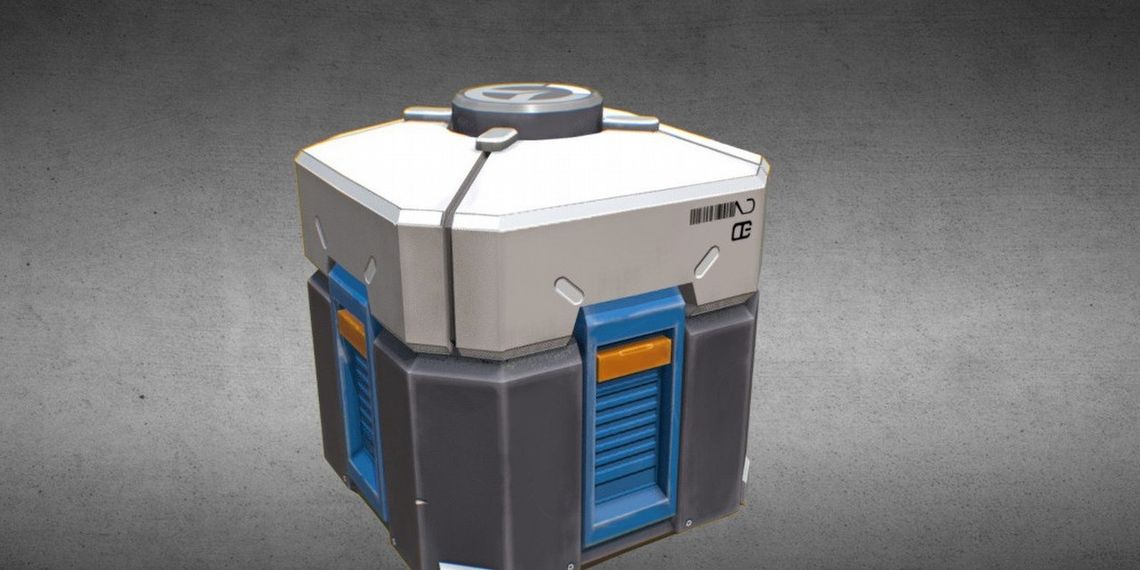Not Everybody Thinks Lootboxes Are a National Problem
The UK government has conducted an investigation into lootboxes in video games. The conclusions are that the problem exists and needs to be addressed, but it is best if it solves itself.

- The British government has investigated lootboxes in video games, but wants the industry to self-regulate.
- The issue of microtransactions is being addressed in a growing number of countries, with more and more deciding to bring lootboxes under regulation.
The UK government has issued a formal response to a 2020 request to investigate the issue of lootboxes in video games. The Ministry of Digital, Culture, Media and Sport (DCMS) looked into the matter and indeed found a plethora of deficiencies, however, instead of addressing them top-down, proposes that the issue be addressed by the gaming industry itself, rather than politicians.
Suffolk, solve yourself
Lootboxes will not be covered by the UK Gambling Act. Instead of proposing legislative changes, a series of hard guidelines have been prepared that game developers should adhere to. These include:
- The purchase of boxes - should be off-limits to all children and adolescents unless their guardian allows them to do so;
- Control of spending - all players should have access to transparent information on costs, opportunities and data collected to better control how much money is spent;
- Data for researchers - the gaming industry should provide researchers with easy access to data to gather evidence and conduct research.
Why doesn't the British government want to deal with legislation regulating lootboxes? This is how the the issue is explained in the forword to the report by the secretary of state of the aforementioned ministry, Nadine Dorries:
"We want to stop children from spending money online without parental permission, stimulated by in-game purchases such as lootboxes. (...) Companies and gaming platforms need to do more to ensure that controls and age restrictions are in place and that players receive protection from the risk of gambling-related harm. (...) We believe [however - editor's note] that it would be premature to take legislative action without first taking enhanced industry-led measures to ensure that children and young people and all other players are protected."
In other words, the UK government is suggesting, that it is up to the industry to self-regulate. This is due, on the one hand, to the fact that game developers have indeed taken to mitigating the damage caused by their practices in recent years, and, on the other hand, to a fear of withdrawal of large companies from the UK market by overly stringent regulations.
As noted by Jonathan Bolding of PC Gamer, the UK commission's report is evasive and does not clearly answer the question of whether lootboxes encourage addictive behavior. Admittedly, it was pointed out that loot boxes exhibit characteristics associated with gambling and can be a gateway to possible addictions, but nothing is written explicitly and unequivocally.
There is also a light at the end of the tunnel
The British have pledged to allocate a million pounds to highlight the issue of parental controls and spending controls, and also announced the creation of a special commission, which is to work with the gaming industry and academics to develop measures to protect consumers, especially children.
There were also tougher words - the British government will not hesitate to create new strict regulations if industry representatives do not do their best to improve the situation with lootboxes on their own.
Back in 2018, the Belgian Gaming Commission said that selling boxes for real money constitutes gambling, resulting in games in that country either having lootboxes cut out or not being sold at all.
Last month, 20 consumer groups from 18 European countries also launched a coordinated action aimed at persuading governments to pass legislation regulating paid lootboxes with random content in video games.
The Netherlands and Spain also intend to crack down on micro transactions and are already preparing relevant legislation.
- New Online Shooter Is Former EA CEO's Dream. Microtransactions in Arena Breakout: Infinite Are Daylight Robbery
- It's Hard to Earn Money in CarX Street PC, Developers Forgot about Microtransactions
- Blizzard Reveals How Much Money Players Spent on Microtransactions in Diablo 4. Sales Revenue Has Already Exceeded $1 Billion
- Former Blizzard CEO Planned to Limit Microtransactions in Diablo 4 Before Microsoft Takeover
- WoW Surprises Fans with Expensive Mount, but Players Still Flock to Buy the Dinosaur